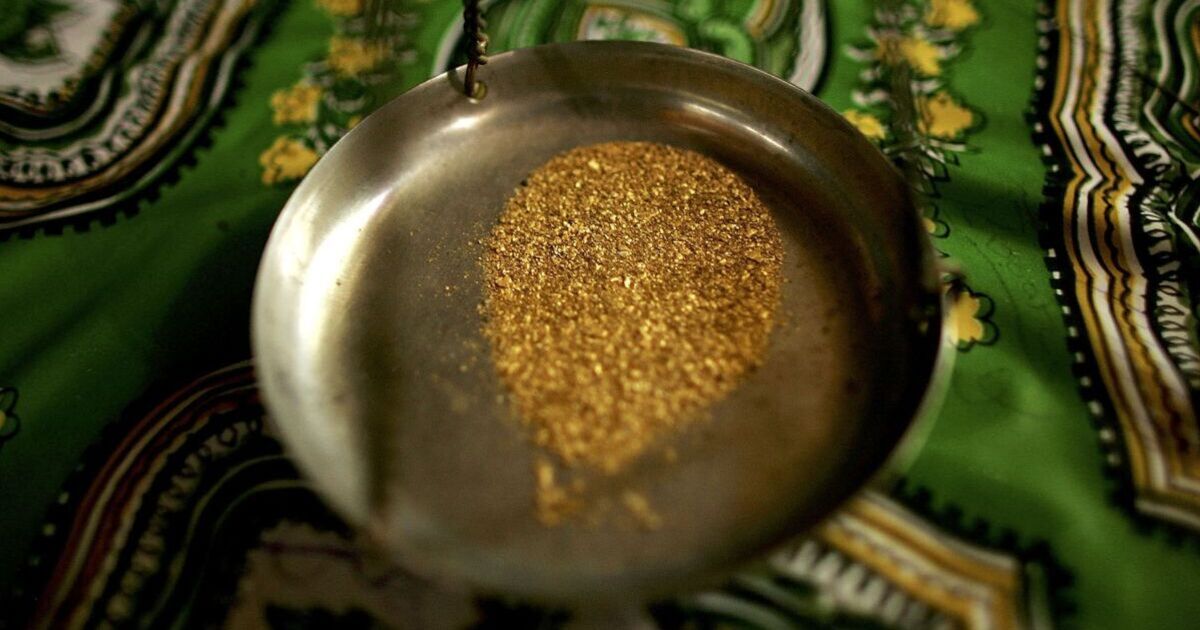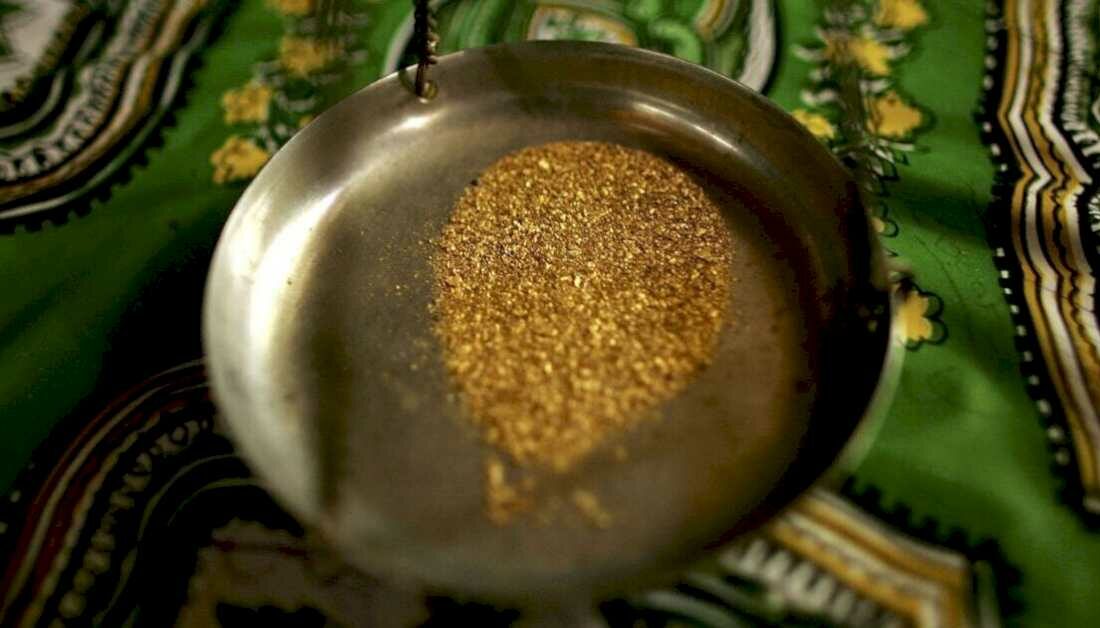
The Democratic Republic of Congo (DRC), located in central Africa, boasts several of the world’s most valuable minerals, including cobalt used in batteries, coltan required in electronic devices, diamonds, and gold. However, despite sitting on this wealth, when analysing the country against multiple economic measures, Congo is positioned as one of the poorest countries in the world.
The GDP per capita in Congo is $627.50, which is equivalent to around £485, which means the average citizen makes around £1.33 a day. But if you were to measure the country according to whether Congo was able to “efficiently extract” its resources, the country would be able to generate a jaw-dropping $24 trillion (approx £16 trillion) in revenue, according to Economics Explained on YouTube.
“That is enough, just by itself with no other industries involved at all, to bring the living standards of the average Congolese citizen up to world standards for two and a half decades, assuming that nothing gets reinvested and no other industries are allowed to grow,” the video adds.
However, assuming the money would be recirculated through the Congolese economy, the DRC would be among the world’s wealthiest countries. Yet, many factors prevent the average citizen from benefiting from the fortunes under their feet.
Congo gained independence from Belgium in 1960 after a long period of exploitation. Following its independence, Congo’s economy began to decline, and chaos broke out in the country known as the Congo Crisis, involving the country being used as a battleground between the United States and the Soviet Union.
The political instability and crisis prevented the country from attracting genuine global investments. To make matters worse, the country was under the dictatorship of former president Mobutu Sese Seko. The video explains that when a country is under a dictatorship, the compensation received from resource deals negotiated with private enterprises tends only to benefit the dictators rather than the people.
However, despite Congo no longer being under a dictatorship, the country’s continued unfortunate events of crisis and conflicts have made it challenging for it to benefit from its natural resources. Rwanda-backed rebel group M23 has seized two of eastern Congo’s major cities; the violence has resulted in thousands of citizens killed.
Torn by disaster, most citizens’ only option is to remain self-sufficient instead of specialising in a role which would contribute to economic wealth. Although it may benefit the country in the long run, it is a big risk for the millions of citizens who rely on their self-sufficient ways of living to provide for their families.

